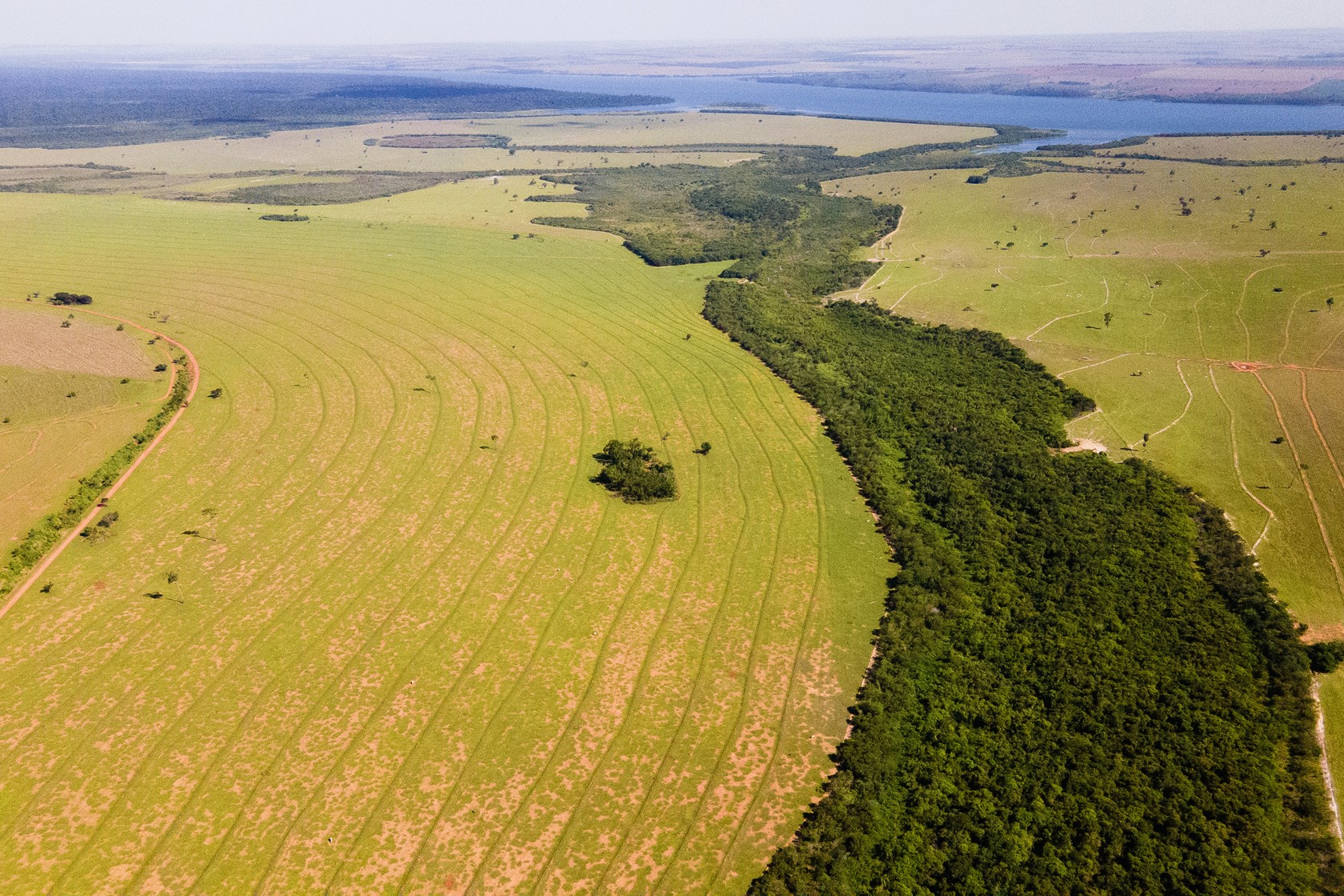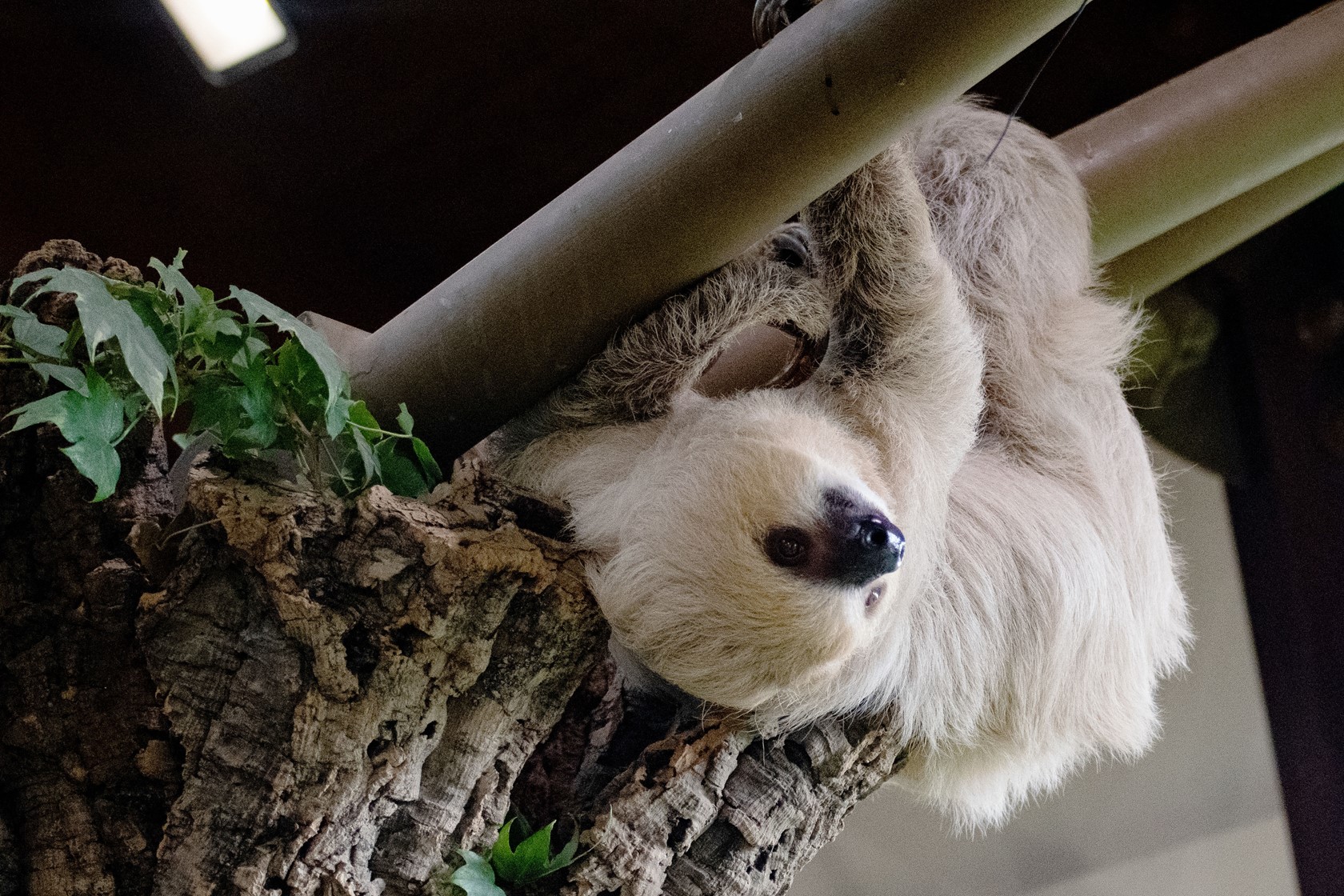Meet the team: Matthew Hatchwell, Chair of the Board of Trustees
Matthew Hatchwell joined Durrell as a Trustee in 2021 and became Chair of the Board of Trustees in October 2023. As former Director of Conservation at the Zoological Society of London (ZSL), he drove ZSL's field conservation programmes in more than 50 countries worldwide. He joined ZSL following a 30-year career with the Wildlife Conservation Society (WCS), where he served as Chief Executive of WCS Europe.

What sparked your passion for wildlife?
I grew up in the Wiltshire countryside during the 1960s as part of a generation inspired by Gerald Durrell and books like 'My Family and Other Animals'. From my parents and my godfather, Geoffrey Grigson, I inherited a love of nature and curiosity about the many visible and invisible layers that make up landscapes everywhere. My real passion is learning to understand those many influences, which vary enormously from place to place and are vital for designing wildlife conservation strategies appropriate to each one. Right now, where I live in Kent, I am involved in the conservation of European eels, which are Critically Endangered and the most illegally trafficked animal in the world.
Tell us about your career. What have been some of the highlights so far?
I started work for the New York Zoological Society, now WCS, in 1986 and was based at the Bronx Zoo until 1991. My first field posting for WCS was in the Republic of the Congo where I was part of a team setting up Nouabale-Ndoki National Park on the border with Cameroon and the Central African Republic. It was an area of intact tropical rainforest still teeming with forest elephants, western lowland gorillas and a host of other wildlife species. Our basecamp was a 120-kilometre journey by dugout canoe from the nearest town, so it was a massively complicated logistical undertaking but also a great privilege to work with and learn from the local communities, including semi-nomadic hunter-gatherers whose ancestors have been part of that landscape for millennia. Afterwards, I moved to Madagascar and led the WCS team working with the Malagasy government and other partners to establish Masoala National Park. It was here that I first came across Durrell field programmes.
What role do you feel zoos play in conservation?
With so many species now on the brink of extinction, the skills of zoo-based conservation organisations are vital for:
- Understanding the reproductive needs of endangered species
- Preserving populations of species that would otherwise have gone extinct
- Managing the reintroduction of those species in the wild
- Communicating to the public about why protecting those species is so important
We live in a world where humans have become shockingly disconnected from the natural systems on which we depend. Zoos have a critical role in restoring those connections for the billions of people who live in landscapes that have become increasingly devoid of wildlife, including here in the British Isles.

Tell us about your voluntary role as Durrell's Chair
My primary responsibility as Chair of Durrell's Board of Trustees is to ensure that the Trust complies with its own legal statutes as a charity and Jersey’s laws for charities and other organisations. Collectively, the Trustees are responsible for holding the CEO and senior management team accountable and ensuring that the Trust delivers its charitable purposes as effectively as possible. It is a real privilege to lead the Board of skilled and experienced professionals who steer and oversee that programme.
My broad ambition as the Chair is to lead the Trust through the upcoming strategic planning process and work with the rest of the Board, the executive team, and CEO to develop our next 10-year roadmap that is a worthy successor to the 2017 - 2025 ‘Rewild our World’ strategy. I also want to ensure that Durrell's century-long involvement at Dalnacardoch in the Scottish Highlands gets off to a strong start with woodlands, peatlands and riverine habitats all in recovery within the next decade, wildlife populations rebounding, and the estate paying its way thanks to visitor income and steady funding.
What excited you about the role when you first saw it advertised?
I have fond memories of working with Durrell in Madagascar in the 1990s and early 2000s, so I leapt at the opportunity to become a Trustee in 2021. I have served on the boards of a dozen or so organisations and hoped that my 30+ years of experience with WCS and ZSL would be helpful to Durrell as its programmes expand. While recognising and valuing the binding relationship between the Trust and Jersey, I'm honoured to have been elected as the first Board Chair non-resident in Jersey and hope that future chairs will come from even further afield, reflecting Durrell's global nature and mission.

What were your first impressions of Durrell?
My first impressions of Durrell as a Trustee were shaped by the outstanding 'Rewild our World' strategy. I'd witnessed the importance of habitat restoration in Madagascar and felt that, by adopting habitat restoration as a core theme of its global strategy, Durrell had positioned itself at the cutting edge of conservation. It's an organisation that consistently 'punches above its weight' in conservation. Equally impressive was the Durrell Index, a mechanism the Trust developed to track its progress towards its conservation goals. On top of that, the high degree of coordination between Durrell's zoo staff, field staff, and conservation scientists goes far beyond what I have seen in any other zoo-based conservation organisation.
What is the future for Durrell?
My vision for Durrell is that we will continue to embrace the integration of animal husbandry skills, long-term commitment to wildlife conservation, scientific excellence, and capacity building pioneered by Gerald Durrell. As our programmes expand, it will be important to maintain those skills and approaches – and our focus on wildlife – that make the Trust unique among zoo-based conservation organisations. We cannot and must not rest on our laurels, however. We must continue to invest in upgrading zoo infrastructure in the interests of animals, visitors, and staff.
Beyond Jersey Zoo, the world in 2024 is very different from the 20th-century world that Gerry knew. Climate change and the continued decline of habitats and wildlife populations worldwide make it vastly more challenging for wildlife. We must develop new partnerships to respond at scale to those challenges, plan our growth so that it builds on our strengths, focus our attention on the places where we can have the most impact, and constantly upgrade our management systems in line with best practices.
Above all else, we must communicate effectively with our members to ensure they are informed about the fantastic work the Trust does daily and support Durrell's direction for the future.
Meet more of our team here.

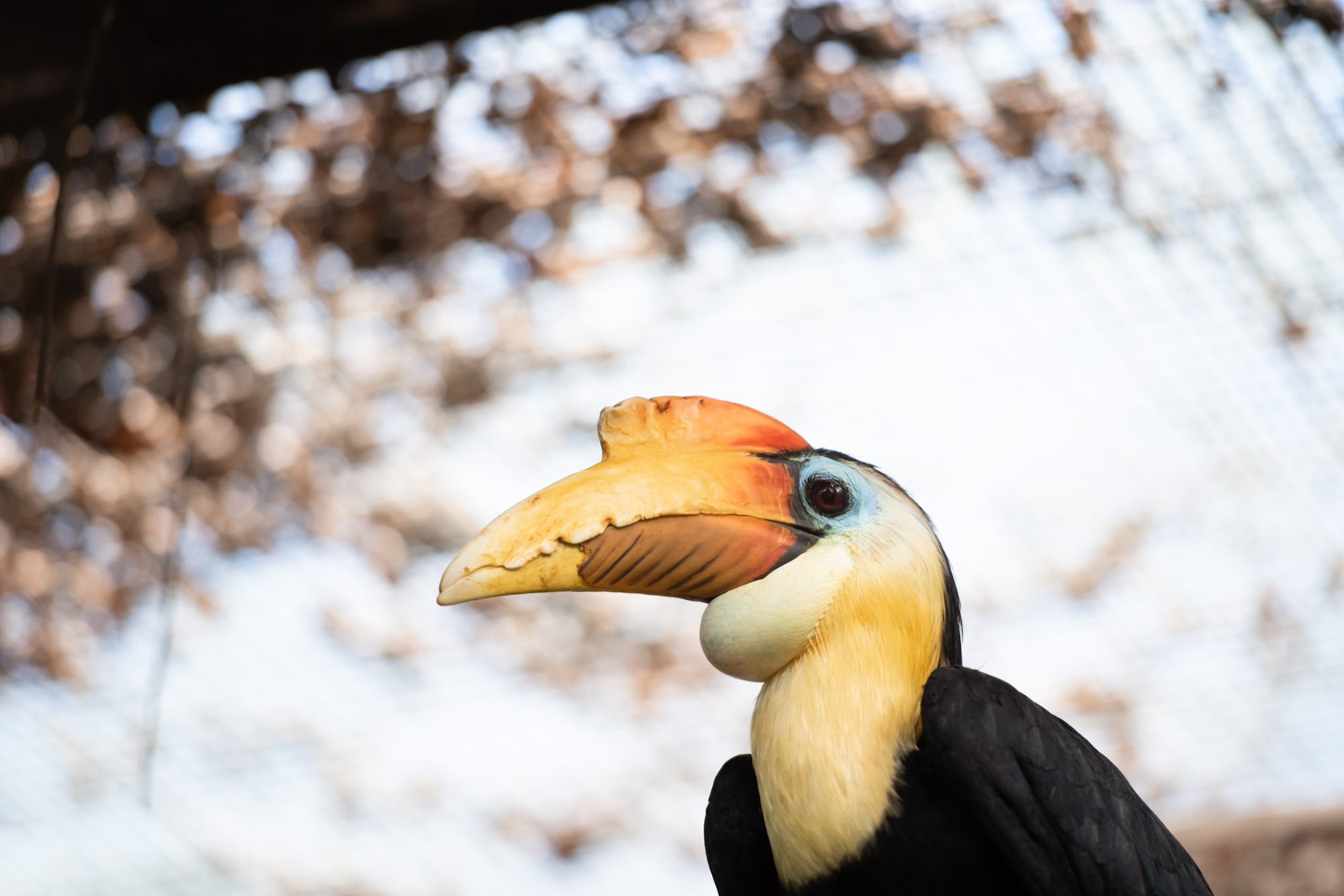
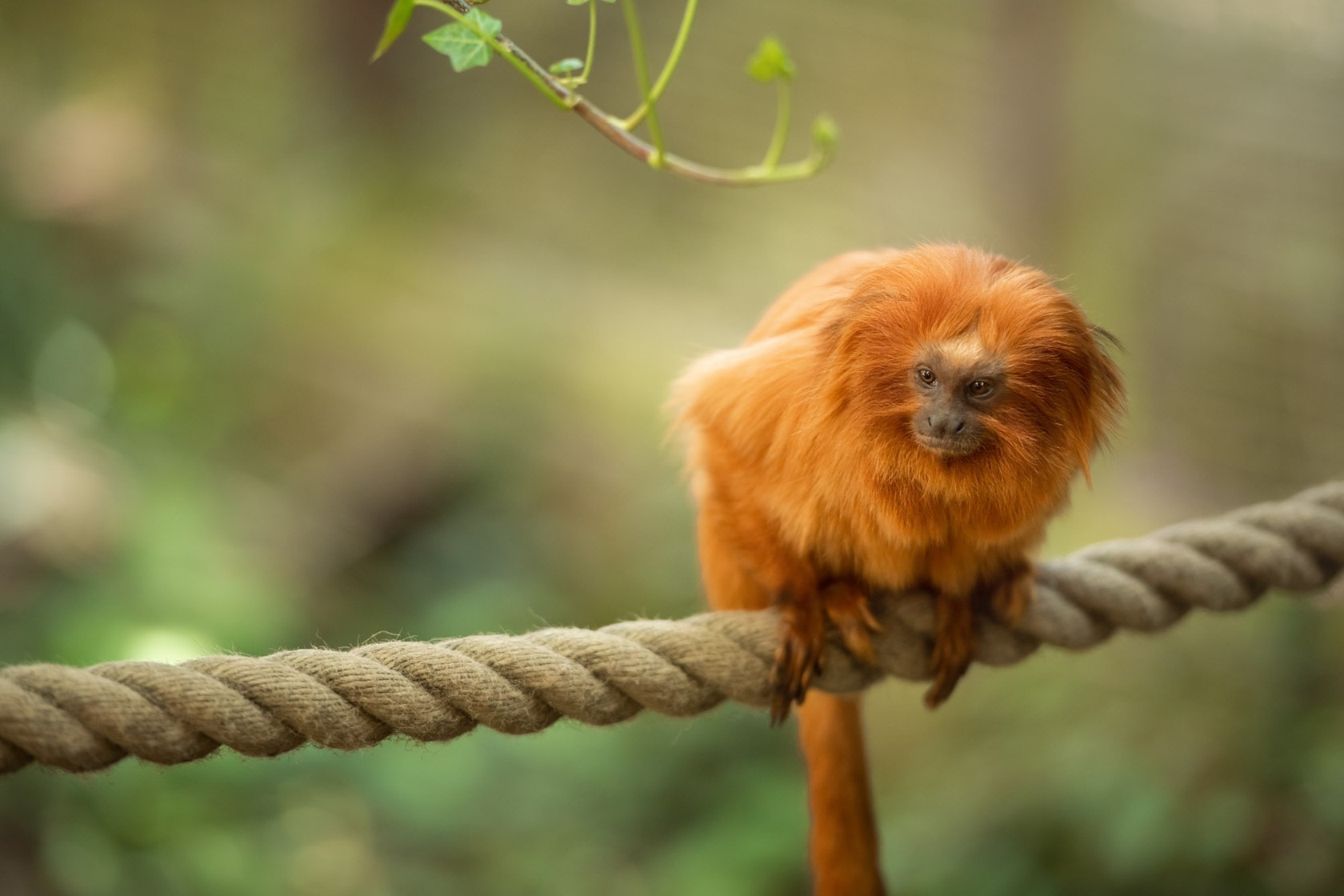
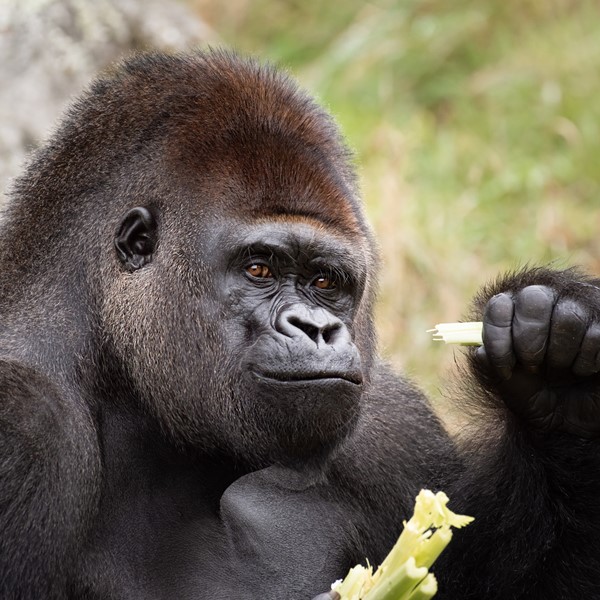 Mammals
Mammals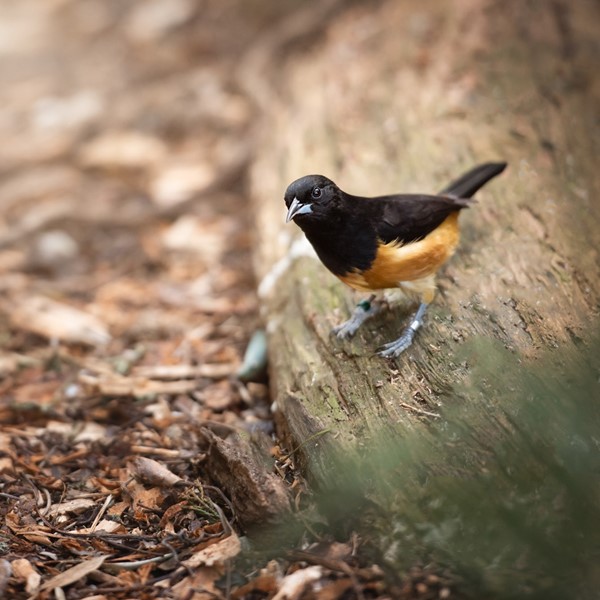 Birds
Birds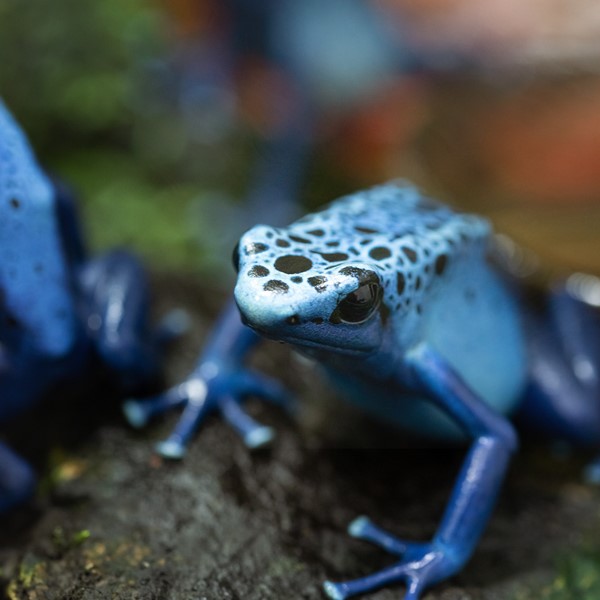 Amphibians
Amphibians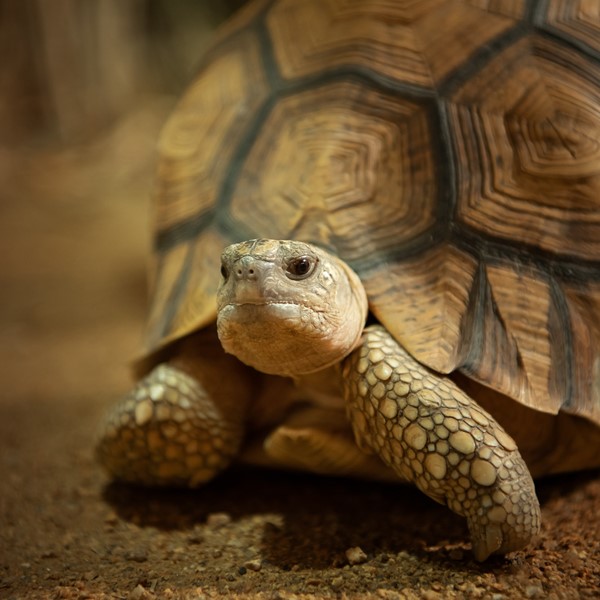 Reptiles
Reptiles
